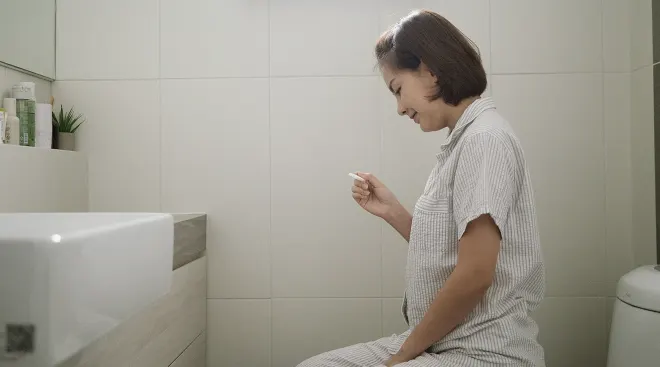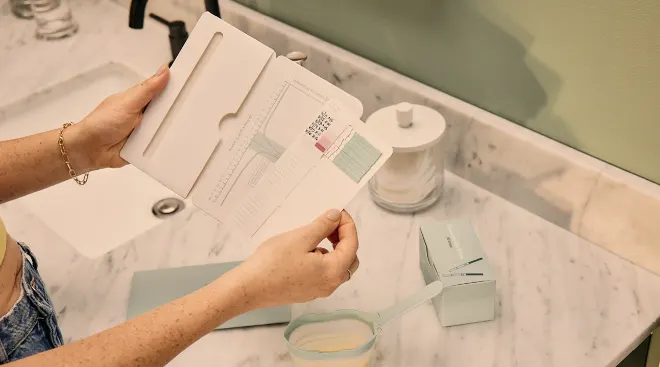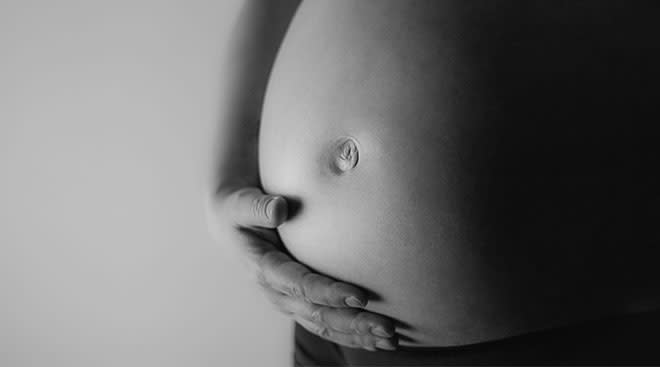Researchers May Have Found an Easy Way to Treat Endometriosis
After treating mice with an antibiotic that reduced the size of lesions caused by endometriosis, researchers think they may have found a treatment for the painful condition in women.
Endometriosis is an often painful disorder that occurs when tissue similar to the lining of the uterus, or endometrium, migrates outside of the womb, where the tissue should not be, according to the Endometriosis Foundation of America. The disease affects up to 10 percent of women between the ages of 25 and 40, however many remain undiagnosed. Fertility problems are often associated with endometriosis, and the disease can be found in up to 50 percent of infertile women. Patients with endometriosis typically suffer from infertility in about 30 to 50 percent of cases, according to the American Society for Reproductive Medicine.
In addition to infertility, there’s a whole slew of symptoms linked to the disease, including “killer cramps,” long periods, heavy menstrual flow, bowel and urinary disorders, nausea and/or vomiting, pain during sex and chronic fatigue. Current treatment strategies for endometriosis include hormone therapy and surgery, but both approaches involve significant side effects and recurrence after treatment.
The researchers at Washington School University of Medicine in St. Louis found that treating mice with the drug metronidazole reduced the size of endometriosis-related lesions in the gut. Plus, they noticed the reduction when the treatment was started both before the lesions began forming as well as after endometriosis was already well-established.
“Our initial goal was to understand how these gut bacteria, or microbiota, might be connected to endometriosis, but in the process, we may have found a cost-effective treatment,” says Ramakrishna Kommagani, PhD, an assistant professor of obstetrics and gynecology at Washington University’s Center for Reproductive Health Sciences.
Scientists already knew females more susceptible to inflammatory bowel disease were more likely to develop endometriosis, but the new study found some of the gut microbes linked to bowel problems also feature prominently in endometriosis. When they treated the mice with metronidazole, the lesions became smaller and inflammation was also reduced. Other antibiotics tested in the study, including ampicillin, neomycin and vancomycin, weren’t effective. In addition, the researchers found that levels of a protective type of gut bacteria were very low in the mice with endometriosis, so they believe in addition to antibiotics, it may be possible to use probiotics to boost levels of protective bacteria.
“This study is exciting as it opens new frontiers in identifying bacterial candidates that can promote endometriosis in reproductive-age women, and it enables us to conduct future studies aimed at developing simpler ways to diagnose endometriosis,” says co-author Indira Mysorekar, PhD.
The researchers are planning a clinical trial to test the strategy in women who have the painful condition.
Please note: The Bump and the materials and information it contains are not intended to, and do not constitute, medical or other health advice or diagnosis and should not be used as such. You should always consult with a qualified physician or health professional about your specific circumstances.
Navigate forward to interact with the calendar and select a date. Press the question mark key to get the keyboard shortcuts for changing dates.




















































